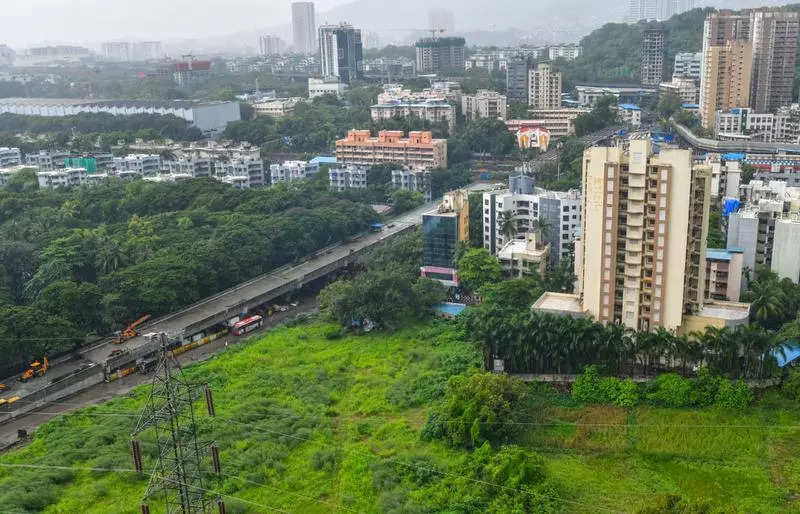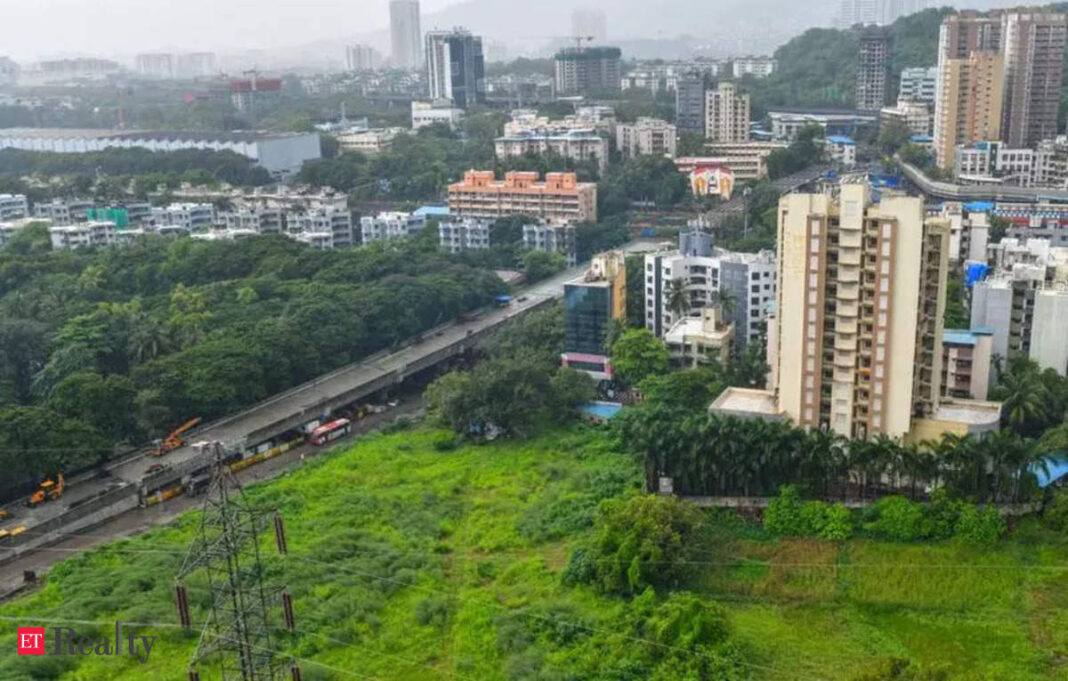
NAVI MUMBAI: The Navi Mumbai Municipal Corporation (NMMC) has identified 527 buildings as hazardous structures under Section 264 of the Maharashtra Municipal Corporation Act. It is urging structural assessment of properties over 30 years old, following a recent ward-wise assessment for 2024-25.
According to Section 265(a), buildings exceeding 30 years of usage require mandatory structural evaluation by an engineer registered with NMMC. The administration is actively encouraging prompt structural assessments of such properties.
The civic body stipulates that the 30-year period begins from when the property was first occupied. Building owners must submit certification from qualified structural engineers confirming completed repairs and sound conditions.
Under Section 398(a), non-compliance with structural inspection requirements can result in penalties of Rs 25,000 or the annual property tax amount, whichever is greater.
Property owners can access a list of approved structural engineers via www.nmmc.gov.in. Assessments for buildings over 30 years old must be completed before March 31, 2025, with reports submitted to relevant ward officers, assistant commissioners, or the Town Planning section’s assistant director of NMMC.
Residents of severely compromised structures have been instructed to evacuate immediately. The city has identified 62 buildings under the C-1 category requiring immediate evacuation and demolition. Officials indicate imminent action, including utility disconnection, for the most precarious structures.
Local activists note the authority’s historical reluctance to enforce actions against unsafe buildings. “We hear the same thing every year, but the action remains far from practical,” said activist Supriyo Sen. The assessment categorised 113 buildings under C-2A (repairs after evacuation), 303 under C-2B (repairs during occupation), and 49 under C-3 (minor repairs).
In the previous year, NMMC identified 524 hazardous buildings, including 61 critically dangerous structures. The authority has issued notices under Section 264 for necessary interventions, stating it won’t bear responsibility for potential collapses or damages if compliance fails.







